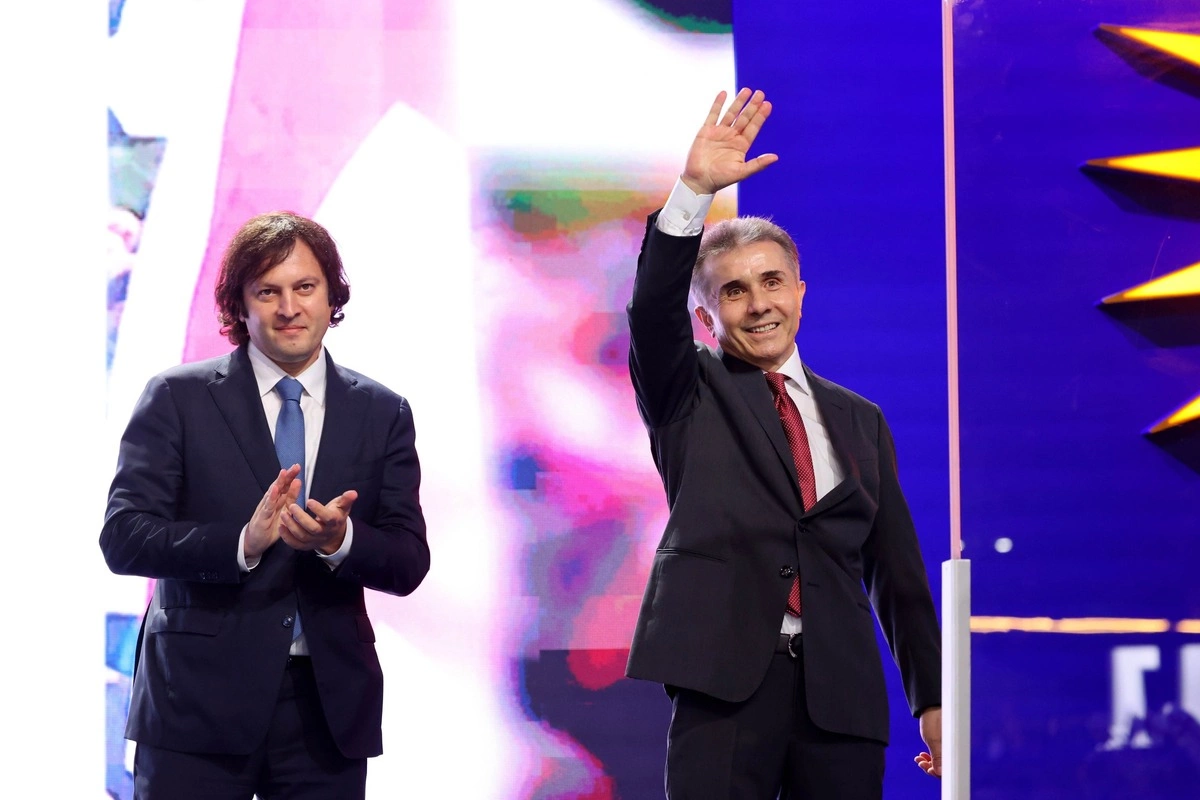
Currently, the Georgian opposition faces a challenge in finding a unifying leader capable of consolidating diverse forces and leading the struggle against Georgian Dream. Some analysts believe that President Zourabichvili and Mikheil Saakashvili’s United National Movement (UNM) are among the most likely candidates.
Georgian Prime Minister Irakli Kobakhidze and Georgian Dream founder Bidzina Ivanishvili.
Photo: Georgian Dream / Facebook
The recent parliamentary elections in Georgia have concluded, yet the political climate remains tense. The radical opposition has refused to acknowledge the results, accusing the ruling Georgian Dream party of administrative abuse and electoral violations. This division within society exacerbates the existing political instability, laying the groundwork for potential protests and a surge in opposition sentiment. Meanwhile, the growing influence of external players is inevitably shaping Georgia's political trajectory.
Administrative Resource Abuse: A National and International Issue
One of the main accusations leveled by the opposition is that the ruling party exploited administrative resources to influence the election results. This concern resonates with Georgian citizens, as the misuse of state power undermines fair political competition. Such practices are not unique to Georgia; even countries with established democratic traditions, such as the United States, face similar issues. Former U.S. President Bill Clinton admitted in his memoirs that his team considered the potential use of administrative resources by President George H.W. Bush in the 1992 race. Similar examples can be found in other countries where those in power wield influence over electoral processes.
The problem of administrative resource abuse has consequences not only domestically but also on the international stage, affecting how Georgia is perceived. For Western nations that support Georgia, these accusations contradict the expectations placed on a country positioning itself as a democratic leader among post-Soviet states.
The Future of President Salome Zourabichvili: Political Risks and Prospects
The fate of Georgia’s fifth president, Salome Zourabichvili, is uncertain. Although the ruling party lacks sufficient mandates to impeach her, her position remains precarious. The opposition criticizes her inability to ensure electoral transparency, and her outspoken remarks against Georgian Dream contribute to the ongoing tensions. There is even a possibility that, following her term, criminal charges could be brought against her, further intensifying political confrontation.
Despite current friction, it is unlikely that Zourabichvili will leave the political stage before her term concludes. Her political fate will likely be determined not only by internal factors but also by shifts in the international arena, as her role as an opposition figure may become even more significant amidst Western pressure on Georgia.
In Search of an Opposition Leader: Who Can Consolidate the Opposition?
Currently, the Georgian opposition faces a challenge in finding a unifying leader capable of consolidating diverse forces and leading the struggle against Georgian Dream. Some analysts believe that President Zourabichvili and Mikheil Saakashvili’s United National Movement (UNM) are among the most likely candidates. However, this alliance appears temporary; at this stage, the UNM may be forced to yield leadership of the opposition to Zourabichvili. Still, once her term concludes, they will likely attempt to distance themselves from her, strengthening the UNM's standing in the political landscape but casting doubt on the stability of the opposition movement as a whole.
This ambiguity and the temporary nature of these alliances leave the opposition without clear direction. While opposition parties focus on criticizing the government, the population is looking for concrete plans and programs that could improve their lives. Thus, the question of unified leadership and opposition consolidation remains a key issue for Georgia’s political future.
Georgia's Position on the International Stage: Balancing Between Russia, China, and the West
In terms of foreign policy, Georgia faces a critical choice: on the one hand, it seeks to cooperate with Russia and China, while on the other, it feels pressure from the West. Georgian authorities must navigate among these interests to maintain stability amidst a complex international environment. In recent years, Russian and Chinese influence in Georgia has been growing, particularly through infrastructure projects and economic investments. Chinese companies actively participate in major projects, likely as part of Georgia’s attempt to balance its relationship with Moscow.
Nevertheless, the ruling party continues to demonstrate caution towards Russia, announcing plans to maintain a distance and avoid restoring diplomatic relations. This statement is intended to reassure segments of the electorate that fear a rekindling of close ties with Russia. Should the ruling party decide to strengthen relations with Moscow, it could trigger public protests and potentially even civil unrest. Meanwhile, Russia has called for Georgia to rejoin the Commonwealth of Independent States (CIS), likely as part of a long-term strategy to normalize the idea of closer relations with Russia among the Georgian population.
Western Pressure and the Foreign Agents Law: The Need for Compromise
Parallel to the growing influence of Russia and China, Georgia faces mounting pressure from the West. The country’s foreign agents law, which sparked a wave of protests, has become a focal point for international attention. Although the ruling party does not plan to repeal the law, Prime Minister Irakli Kobakhidze hinted at the possibility of its revision. This likely reflects the need to reach a compromise with the West to avoid further deterioration in relations.
On one hand, Georgian Dream aims to maintain independence in domestic decision-making; on the other, it must consider the interests of its Western allies. Questions related to democratic standards remain a significant part of the agenda and could shape Georgia's future. Under such pressure, the ruling party is searching for a balance that will allow it to sustain strategic relations with Russia and China while avoiding conflict with the West.
Conclusion: The Need for Real Change
The internal political situation in Georgia following the elections reveals deep divisions within society and a general distrust in the electoral system. In these circumstances, political parties must focus not on street protests but on preparing for the upcoming municipal elections, which will serve as another test for Georgia’s political forces. By presenting concrete programs aimed at improving citizens' quality of life, the parties can hope to gain public support. Georgia faces the challenge of finding a path forward that meets societal expectations and aligns with international democratic standards amidst both external and internal pressures.
Share on social media
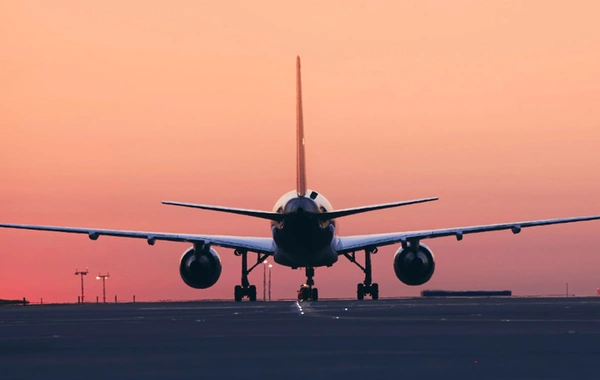
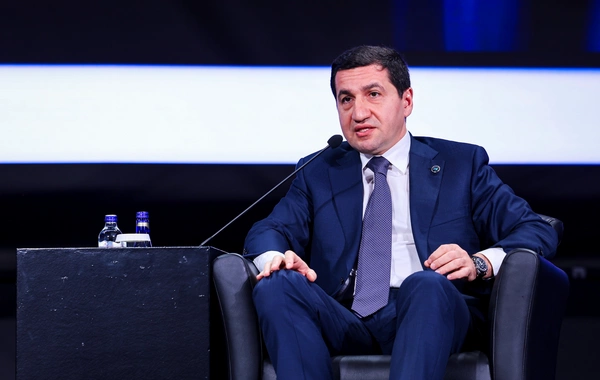
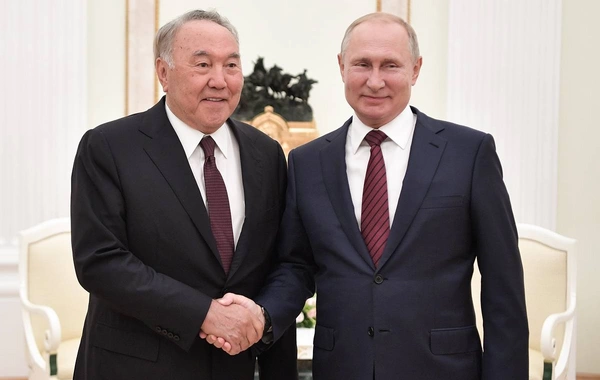
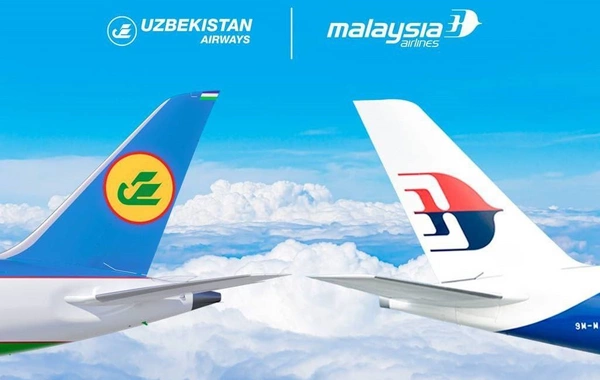
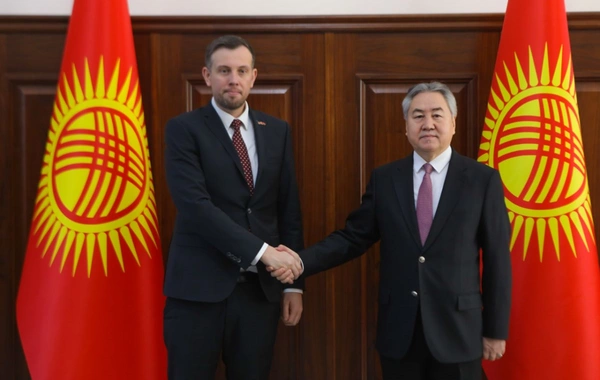
Currently, the Georgian opposition faces a challenge in finding a unifying leader capable of consolidating diverse forces and leading the struggle against Georgian Dream. Some analysts believe that President Zourabichvili and Mikheil Saakashvili’s United National Movement (UNM) are among the most likely candidates.